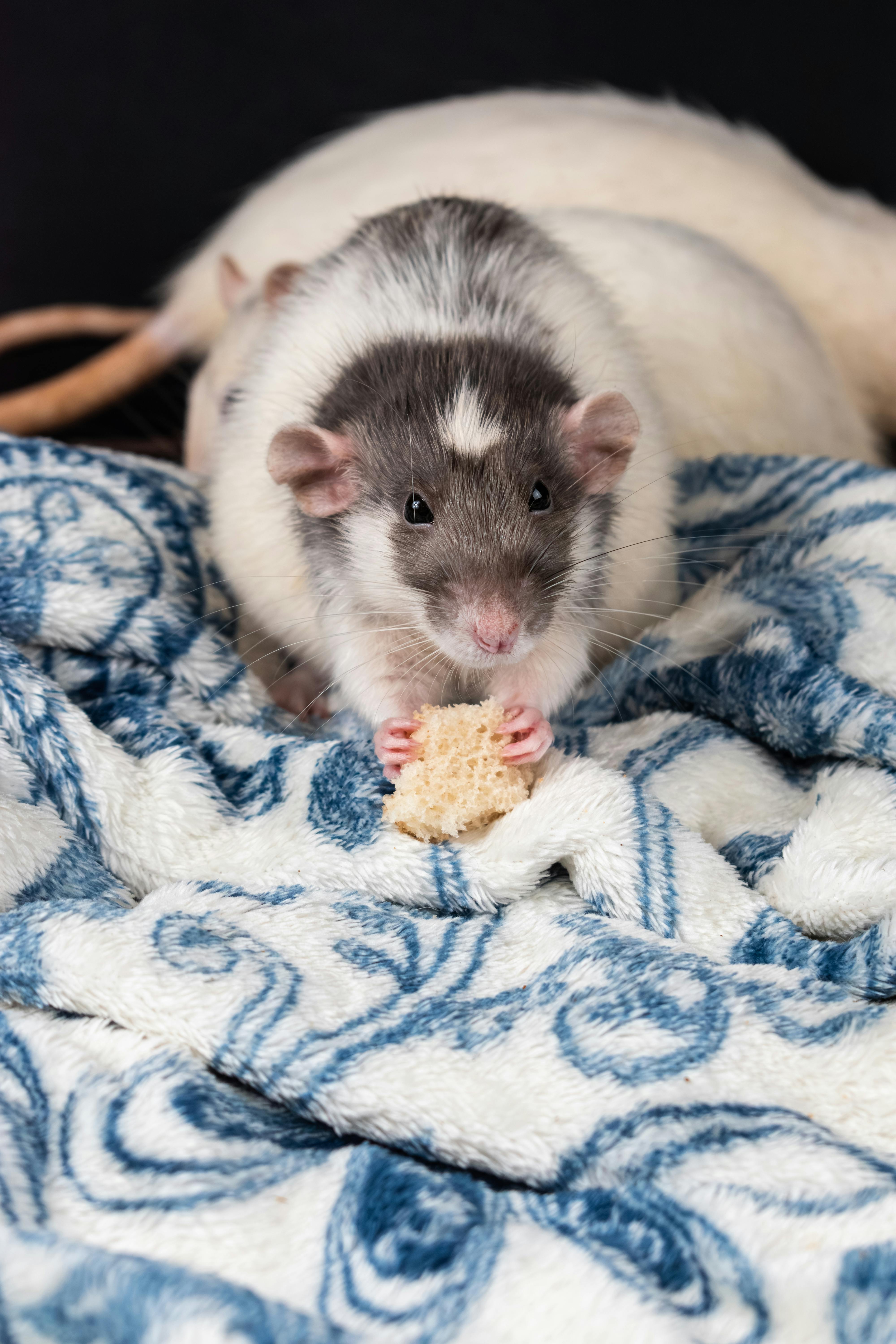How to Care for Your Rodent's Teeth

How to Care for Your Rodent's Teeth
Oral health is crucial for rodents, just as it is for humans. A well-maintained set of teeth is essential for their ability to eat, which in turn affects their overall health. This blog post will explore how to properly care for your rodent’s teeth, ensuring they remain happy and healthy.
Understanding Rodent Teeth
rodents, such as guinea pigs, hamsters, and rabbits, are known for their continuously growing teeth. If these teeth are not cared for properly, they can overgrow and cause serious health issues. Regular maintenance and monitoring are crucial for preventing these problems.
Daily Diet and Its Impact
The cornerstone of healthy teeth in rodents is a proper diet. High-fiber foods such as hay are essential, as they help wear down the teeth naturally. Chewing on hay stimulates necessary grinding, which helps to keep their teeth at a manageable length. Fresh vegetables and some fruits can also contribute to this natural dental care. However, avoid giving them too much sugary food as it can lead to tooth decay.
Providing Chew Toys
Chew toys are not just for fun; they serve a critical function in dental health. These toys help rodents wear down their teeth, which is vital to avoiding overgrowth. Wooden chew toys, untreated wicker, and hard natural ropes are excellent choices. Avoid plastics or any materials that could splinter and cause oral injuries.
Regular Visual Checks
It’s important to frequently check the state of your rodent’s teeth. Look for signs of overgrowth, such as difficulty eating or an abnormal bite. Also, watch for discoloration or breakage, which could indicate other health issues. If you notice any abnormalities, consult a vet specializing in small animals or an exotics vet.
Professional Dental Care
In some cases, despite the best at-home care, your rodent might need professional dental attention. This care could include teeth trimming or even extraction in certain severe cases. Regular veterinary check-ups can help catch these issues before they become serious, ensuring your rodent receives the best possible care.
Signs of Dental Problems
Be on the lookout for symptoms like drooling, loss of appetite, or pawing at the mouth, as these may be signs of dental problems in your rodent. Weight loss and changes in fecal output can also indicate that something is wrong with their oral health.
Conclusion
Taking care of your rodent’s teeth is essential for their overall well-being. By monitoring their diet, providing appropriate chew toys, performing regular dental checks, and seeking professional care when necessary, you can help ensure a long and healthy life for your furry friend.